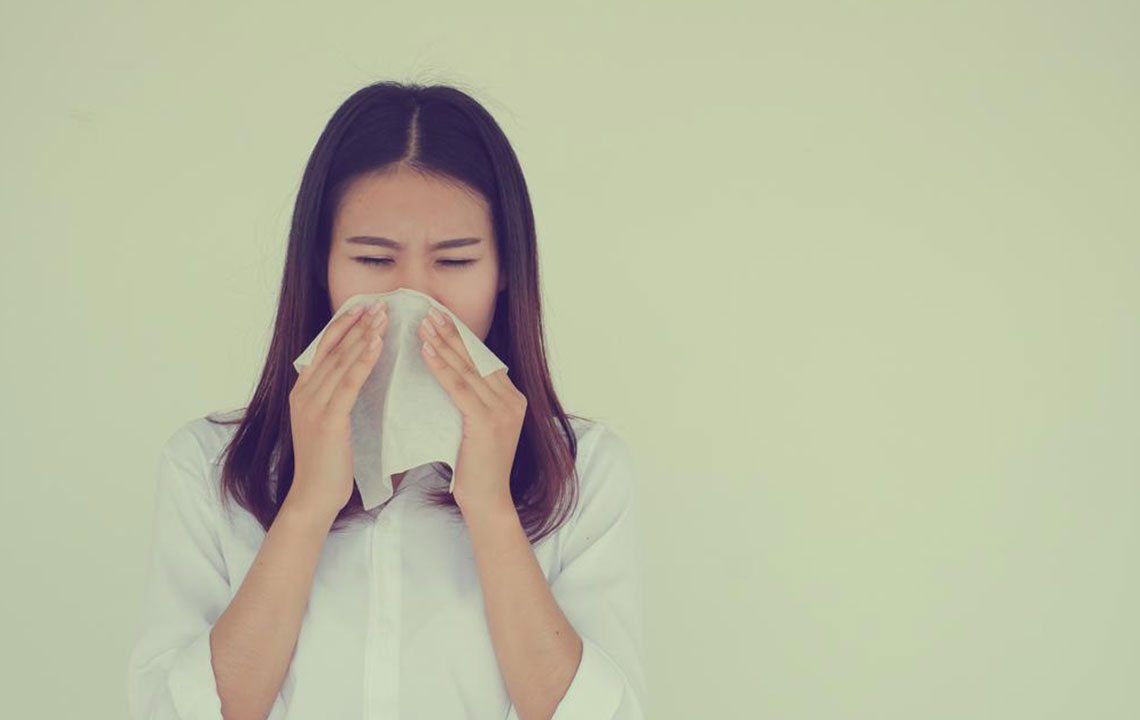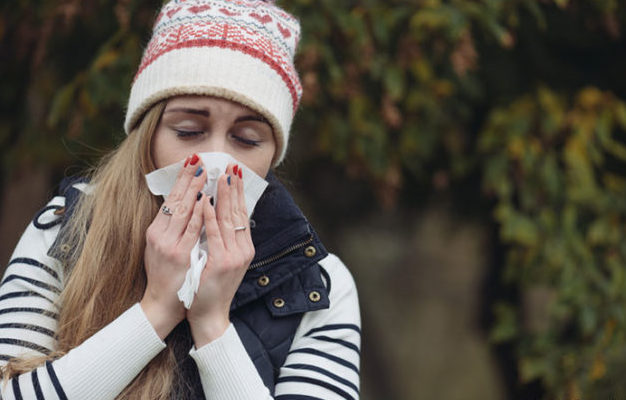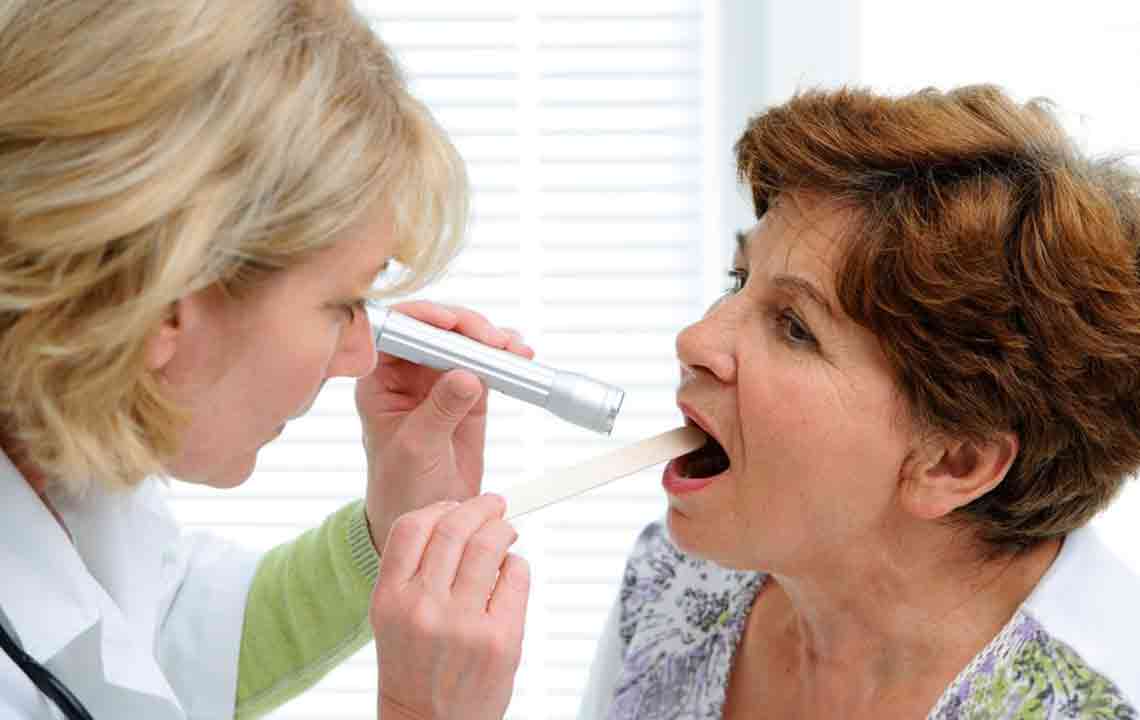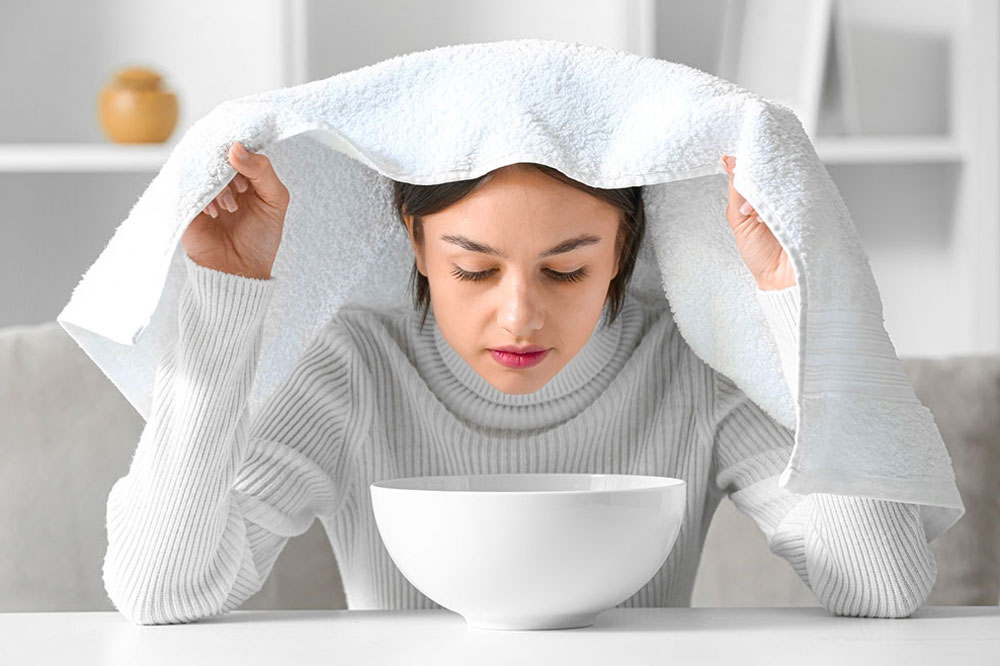Comprehensive Guide to Sinus Problems: Causes, Triggers, and Prevention Strategies
This detailed article explores the causes, triggers, and prevention methods for sinus problems. It covers viral and bacterial infections, allergies, nasal polyps, environmental irritants, and more, providing comprehensive tips for maintaining sinus health. Understanding these factors helps in reducing discomfort and avoiding chronic sinusitis. Regular medical care and lifestyle changes can effectively manage and prevent sinus issues, leading to better respiratory health and improved quality of life.
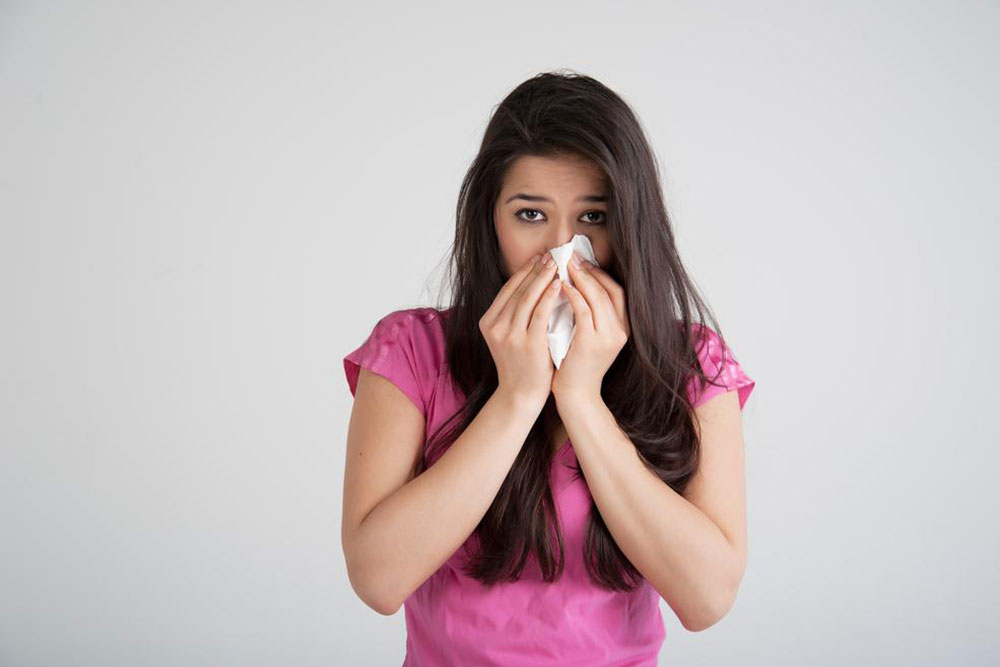
The Roots of Sinus Troubles: Causes and Common Triggers Explained
The sinuses are a set of hollow cavities located within your skull, positioned behind your forehead, between your eyes, and within your cheekbones. These air-filled spaces are essential for producing mucus that plays a vital role in keeping your nasal passages moist and healthy. The mucus acts as a protective barrier, trapping pollutants, allergens, and pathogens before they enter your respiratory system. When this delicate process is disrupted, sinus problems can develop, often leading to discomfort, congestion, and breathing difficulties. Understanding the underlying causes and triggers of sinus issues is crucial for effective management, relief, and prevention.
In this comprehensive guide, we delve into the common causes that lead to sinus inflammation and blockage, as well as identify various environmental, medical, and lifestyle factors that can exacerbate these problems. By exploring these factors, you will be better equipped to avoid triggers, seek timely medical intervention, and adopt habits that promote sinus health.
Viral Infections: The Primary Culprit
One of the most frequent causes of sinus problems is viral infections, particularly those related to common colds. Cold viruses attack the mucosal lining of the nasal passages, causing swelling and inflammation that can block the natural drainage pathways of the sinuses. This often results in sinus congestion, pressure, and discomfort. Since antibiotics are ineffective against viruses, prevention becomes paramount. Regular hand washing, avoiding close contact with infected individuals, and maintaining good hygiene practices can significantly reduce the risk of catching a cold. Symptoms typically improve within a few days with supportive care, including decongestants, hydration, and rest.
Allergic Reactions: A Leading Cause of Chronic Sinus Issues
Allergies are a major contributor to sinus problems, especially in individuals with a predisposition to allergic responses. Common allergens such as dust mites, pet dander, mold, and pollen can trigger allergic rhinitis, which often overlaps with sinusitis. The allergic response leads to inflammation of the nasal and sinus mucosa, causing swelling that obstructs normal mucus drainage. Avoidance of known allergens, the use of antihistamines, and nasal corticosteroids can greatly reduce the severity and frequency of sinus inflammation. Managing allergies effectively is essential in preventing chronic sinusitis and maintaining overall sinus health.
Bacterial Infections: When Cold Symptoms Persist
If sinus symptoms linger beyond ten days or worsen over time, a bacterial infection could be the culprit. Bacteria can invade the sinuses when the immune system is weakened by a viral infection or other health issues, leading to bacterial sinusitis. Symptoms may include thick nasal discharge, facial pain, fever, and fatigue. Antibiotics prescribed by a healthcare professional are usually necessary to clear bacterial infections. It's important to get proper medical advice before starting any medication, as misuse of antibiotics can lead to resistance and other complications.
Nasal Polyps: Benign Growths Hindering Sinus Drainage
Nasal polyps are non-cancerous growths that form in the nasal passages or sinuses due to chronic inflammation. These soft, balloon-like structures can block airflow and mucus drainage, resulting in recurrent sinus infections, congestion, and reduced sense of smell. Treatment options include nasal corticosteroid sprays, oral steroids, or surgical removal if polyps fail to respond to medication. Regular monitoring and medical intervention can manage the condition effectively, minimizing its impact on daily life.
Environmental Irritants: Pollutants That Aggravate Sinus Conditions
Environmental factors such as dust, smoke, strong odors, and chemical fumes can irritate the sensitive mucosal linings of the nasal passages and sinuses. Exposure to pollutants can trigger inflammation and exacerbate existing sinus conditions. Those with respiratory conditions like asthma should take extra precautions by minimizing exposure and using air purifiers at home and work. Wearing masks in polluted environments can also help reduce inhalation of irritants, protecting sinus health and preventing flare-ups.
Swimming and Diving: Water Activities as Sinus Triggers
Frequent exposure to chlorinated water during swimming or diving can irritate the delicate mucosal tissues within the nose and sinuses. Water entry into the nasal passages can cause inflammation and lead to sinus issues, especially if practiced regularly or for prolonged periods. Proper rinsing after swimming, avoiding diving during sinus infections, and using protective nasal filters can help prevent issues related to water exposure.
Air Travel: Changes in Cabin Pressure and Sinus Blockages
During flights, rapid changes in cabin pressure during takeoff and landing can cause discomfort and blockage in the ears and sinuses. This is particularly problematic for individuals with sinus congestion or infections. Preemptive measures such as using saline nasal sprays, decongestant sprays, or nasal inhalers before flying can help equalize pressure and keep sinuses clear. Staying hydrated and avoiding sleeping during ascent and descent can further reduce the risk of discomfort.
Fungal Sinus Infections: Rare but Serious
Fungal sinusitis is a less common but more severe form of sinus infection, often affecting individuals with compromised immune systems. Fungal growth within the sinuses can lead to persistent headaches, facial pain, nasal congestion, and even vision problems if left untreated. Treatment typically involves antifungal medications and sometimes surgical removal of affected tissues. Early diagnosis and intervention are crucial to prevent complications and preserve health.
Overuse of Nasal Sprays: Rebound Congestion and Dependency
Excessive and prolonged use of nasal decongestant sprays can cause rebound congestion, a condition where nasal passages become more swollen once the medication wears off. This leads to a dependency cycle, where individuals keep using the sprays to relieve symptoms, worsening their condition. To avoid this, nasal sprays should only be used as directed and for no longer than five consecutive days. Alternative therapies include saline rinses and managing allergies with medications prescribed by healthcare providers.
Chronic Medical Conditions: Impact on Sinus Health
Chronic health issues such as cystic fibrosis, immune deficiencies, or autoimmune diseases can impair the body’s ability to fight infections and manage inflammation. These conditions often lead to thick mucus production and recurrent sinus infections. Managing the primary illness through medical treatment, lifestyle adjustments, and regular check-ups is essential to maintaining sinus health and preventing frequent flare-ups.
In summary, sinus problems are multifaceted and can stem from various causes, including infections, allergies, environmental factors, and underlying health conditions. Recognizing these triggers is key to effective prevention and treatment. Regular medical consultation, proper hygiene, allergen avoidance, and lifestyle modifications can significantly reduce the risk of sinus inflammation and improve quality of life. If persistent or severe symptoms occur, seeking prompt medical attention ensures appropriate diagnosis and therapy, offering relief and long-term sinus health.
